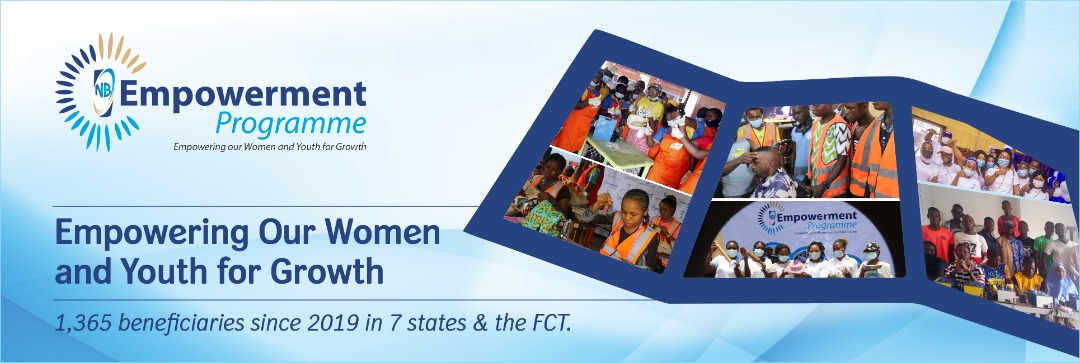The Teachers Registration Council of Nigeria (TRCN) has called for the full implementation of the Safe Schools Declarations guidelines endorsed by Nigeria in 2015 and ratified by President Muhammadu Buhari in 2019.
Prof Josiah Ajiboye, the Registrar of TRCN, made the call while delivering a paper at the 2022 National Delegates Conference of the Nigeria Union of Teachers(NUT) in Ibadan, Oyo State’s capital.
Ajiboye noted that over 2,295 teachers were killed in the Northeast between 2009 and 2022, over 19,000 others have been displaced, and over 910 schools were damaged or destroyed due to the conflict.
He further stated that over 1,500 schools were forced to close due to insurgency, and more than 600,000 children have lost access to education.
The TRCN boss, therefore, called on the Federal Government to review its security architecture to address the deteriorating security situation because of terrorism and violent attacks on education.
He noted that as a way forward, federal, state and local education authorities should facilitate the immediate implementation of the National Policy on Safety, Security and Violence Free Schools, NPSSVFS, by making budgetary provisions.
He urged the Federal Government to increase domestic education expenditure by 50 per cent over the next two years, as committed at the Global Partnership for Education, GPE, Education Summit.
Speaking on the impact of attacks on schools, he noted that “attacks on education create a ripple effect and set in motion a range of negative impacts such as loss of education, early marriage, early pregnancy, and stigma associated with sexual violence and children born from rape, all of which can dramatically affect female students’ futures.”
He said schools used for various military purposes, including to hold and execute captives and as barracks for insurgents, further contributed to parents’ and students’ fears about the safety of sending their children, especially their daughters, back to school after the insurgents had departed.
On the effect of insurgency on the country’s economy, he said the destruction of School buildings – Classrooms, students’ hostels, staff quarters, laboratories, and equipment would require billions of Naira to fix.
“The cost of security expenditure to manage violence and conflict as well as its economic impact has increased since 2007, almost doubling from $69.3 billion to $132.6 billion in 2019, according to data from the 2021 Economic Value of Peace report by the Institute for Economics & Peace (IEP). Likewise, between June 2011 and March 2020, at least $18.3 million has been paid to kidnappers as ransom, according to a report by SBM Intelligence,” he said.
He added that attacks on schools and terrorism had reduced foreign investment in Nigeria, putting much pressure on our local economy.
He said a school is considered to be safe if schools and learning centres are violence-free environments; schools and learning centres mitigate the effects of natural hazards; schools and learning centres prevent or prepare to address conflict; schools and learning centres avoid or reduce the impact of everyday troubles, and school infrastructure is safe.
On the role of teachers in safeguarding learners, he noted that teachers should keep a close watch on learners to ensure that abuse and violence against learners are prevented or promptly responded to if they occur, adding that they should observe learners closely for any signs and symptoms of safeguarding concerns.
He also urged teachers to report promptly suspected or actual cases of abuse or violence against a learner; protect learners from being abused or maltreated by peers or staff; popularize child safeguarding notions and practices in the school, and demonstrate the need to safeguard learners by promoting and practising positive discipline.

















